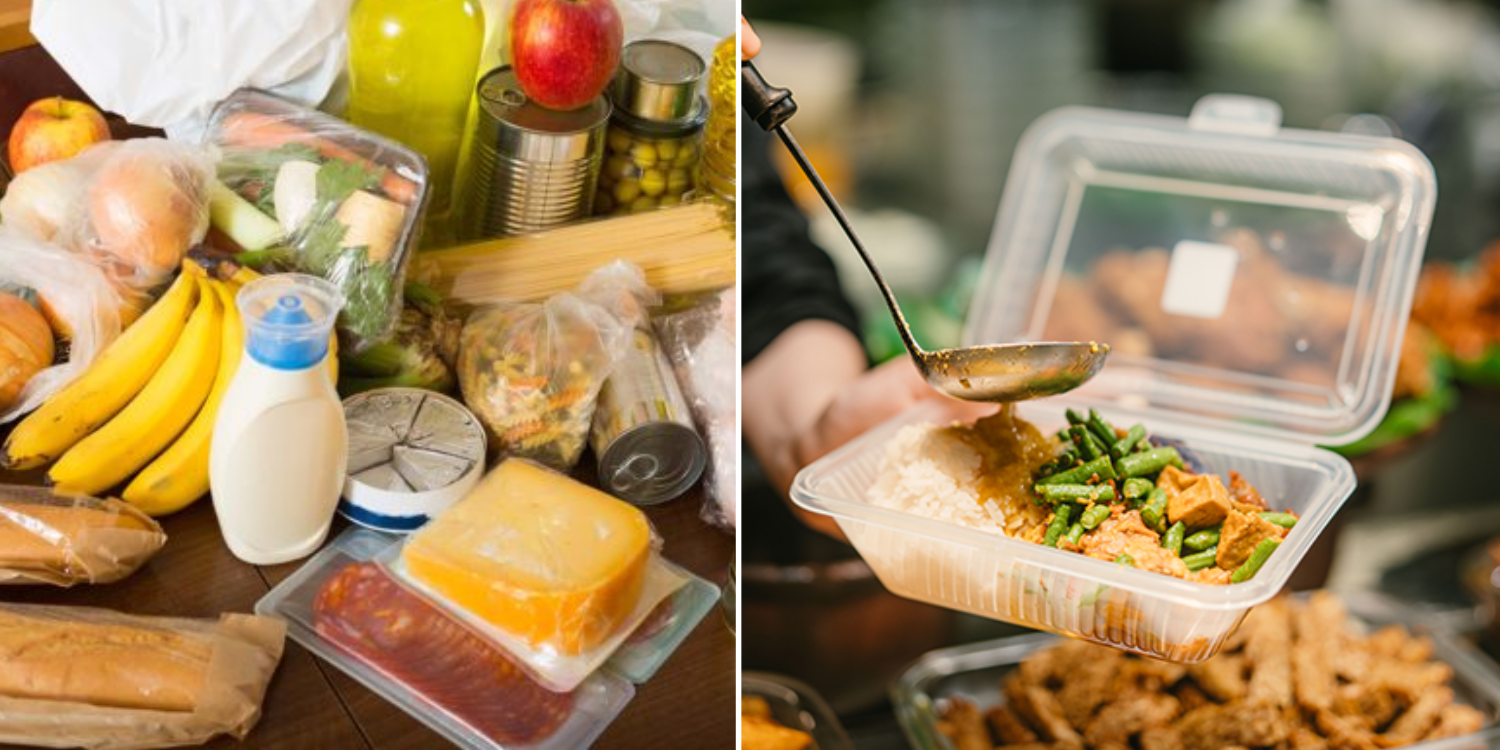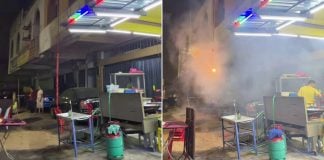Less waste: Some 140 businesses & organisations in Singapore commit to reducing waste
Removing all plastic from its operations and having specific days where orders are accepted only if customers bring their own reusable containers — these are some of the radical initiatives implemented by companies in a bid to reduce waste in Singapore.
In a press release issued on Tuesday (14 May), the National Environment Agency’s (NEA) said more than 140 local businesses and organisations have pledged support to its Say Yes to Waste Less (SYWTL) campaign this year.
They are tapping on technology and collaborative efforts to generate less waste, it added.
Some of the initiatives include the use of food waste digesters, diverting and donating food, and movements that encourage consumers to bring their own containers.
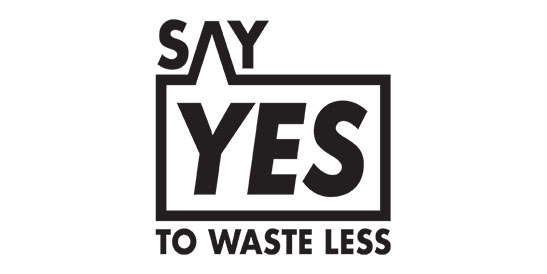
Source: Singapore Retailers Association
Wasting food and using disposables excessively not only adds to the cost of incinerating waste sent to Semakau Landfill, but also incurs personal cost, said NEA.
According to the agency, a family of four could spend close to S$2,200 on takeaway containers a year, and unfinished side dishes could cost more than $1,000 a year.
The campaign thus hopes to encourage more to make environmentally friendly choices.
Some turn to creative solutions to achieve less food waste
Some companies and organisations who have made their commitment to reduce waste are turning to innovative solutions to do so.
One example is D2L.sg, a company which collects all types of food surplus and food waste to achieve zero food waste.
Leveraging Artificial Intelligence (AI) smart matching technology, it has diverted more than 600 tonnes of excess food from the bin and reduced more than 3,000 tonnes of carbon emissions.
It does this by rescuing unsold food and giving them a second chance, such as distributing them at community events or giving them away on platforms like neighbourhood community social network GoodHood.SG.
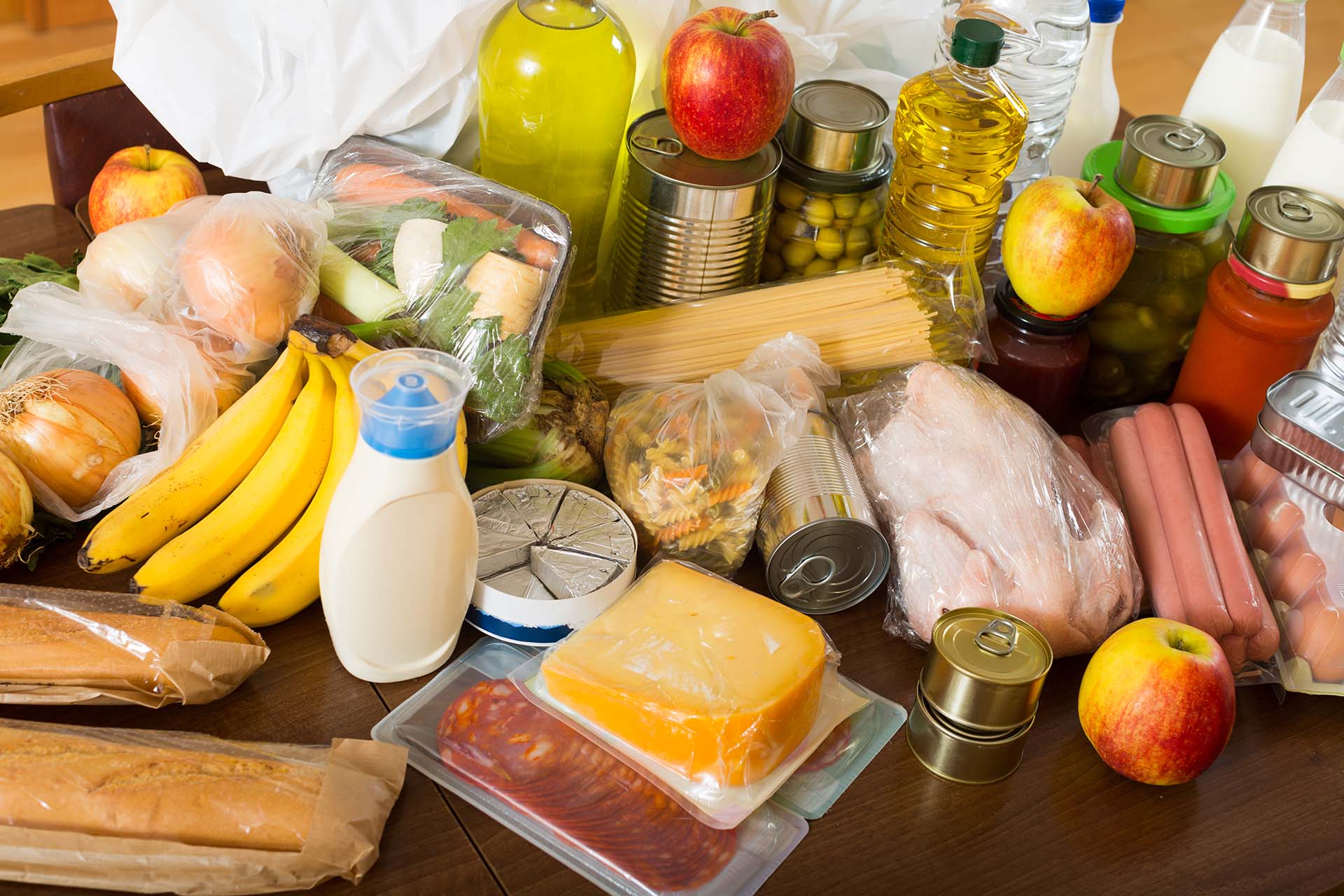
Source: D2L.sg
Meanwhile, Pan Pacific Hotel Group has developed a unique approach to repurpose its excess food ingredients into brand new dishes.
For example, watermelon rinds are added into stir-fry dishes while leftover ham and sausages are incorporated into pizzas.
Notably, all hotels under the group are equipped with bio-digesters that convert food waste into greywater.
Greywater refers to wastewater that can be reused by the building for non-potable purposes such as flushing toilets. The by-product can thus emerge as a reusable resource within the hotels’ water management system.
The digesters can also convert used coffee grounds into compost. To further ensure self-sufficiency, the compost will be fed back to the system.
In particular, Pan Pacific Orchard achieved the Green Mark Platinum rating, which rewards projects that fulfil the best sustainable practices.
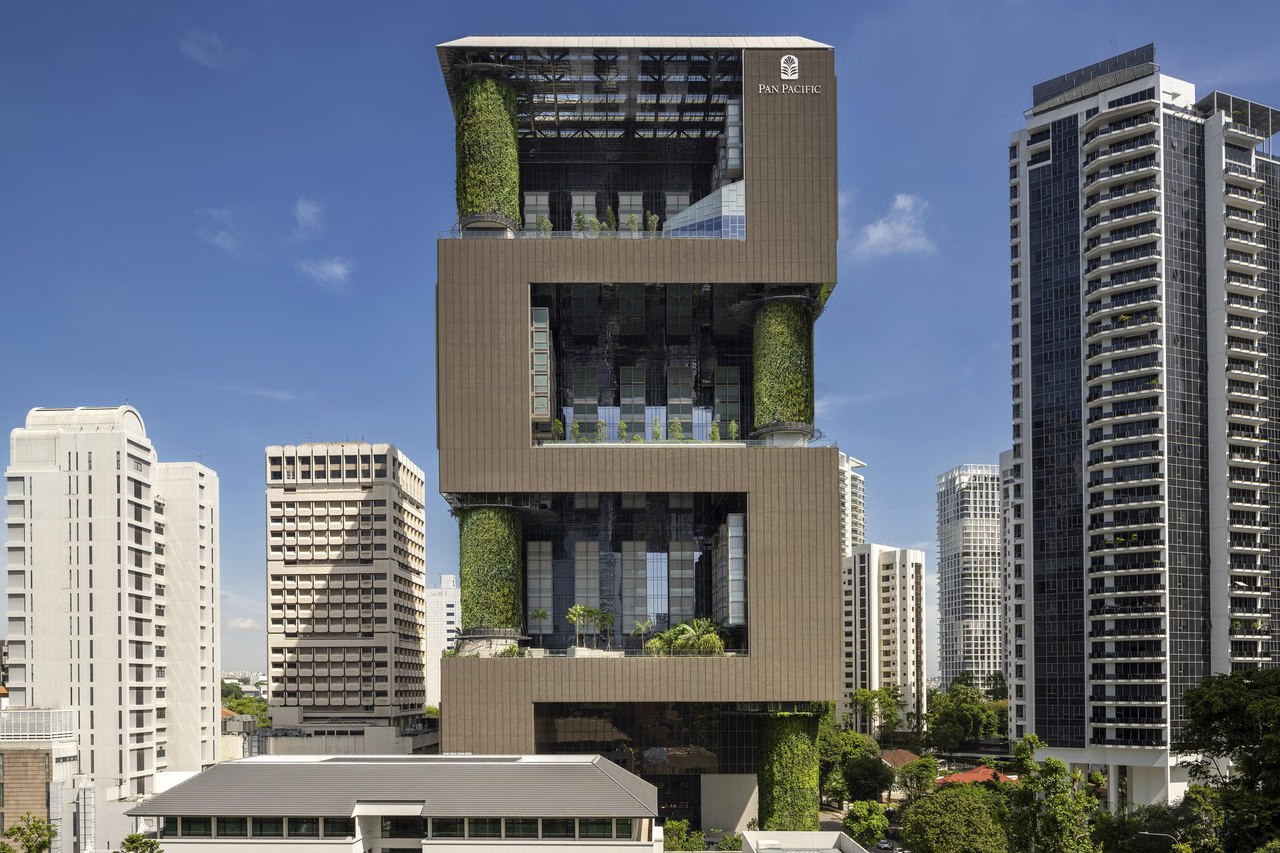
Source: The Business Times
Others also champion the goal of less single-use waste
Reducing single-use waste is another prime objective of many NEA partners.
For instance, Ion Orchard is the first shopping mall in the Lion City that will pilot a scheme aiming to combat single-use waste via a closed-loop reusable system.
In collaboration with homegrown eco-startup Muuse, ‘Sustainable Takeaway’ will take place from now until 30 September. Some participating brands include Starbucks and Toast Box.
Under the scheme, shoppers can borrow a free reusable cup or container, and return them within 30 days.
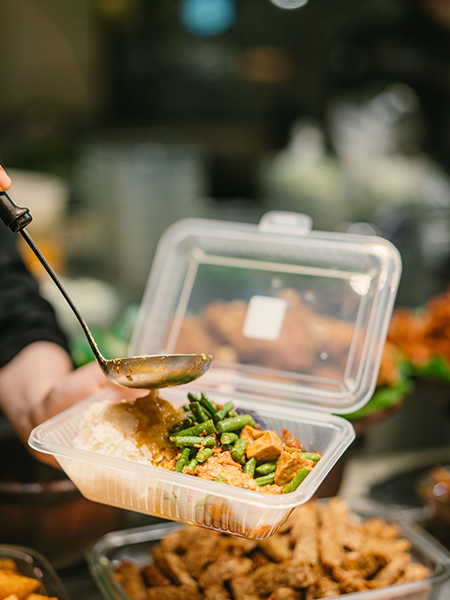
Source: ION Orchard
Thereafter, the reusable items will be sent for professional cleaning.
NEA says the various initiatives show how organisations of any size, from any industry and sector, can contribute to a sustainable Singapore.
Pointing out that “a few simple habits” is enough to help reduce food wastage and the excessive consumption of disposables, the agency says it hopes everyone will come on board and support the campaign and the Singapore Green Plan.
The Singapore Green Plan sets targets that will chart the country’s way towards a more sustainable future.
Also read: Bugis Shop Shows Us The Damage Of Convenience Culture, Has Eco-Friendly Items For Shoppers Instead
Bugis Shop Shows Us The Damage Of Convenience Culture, Has Eco-Friendly Items For Shoppers Instead
Have news you must share? Get in touch with us via email at hello@mustsharenews.com.
Featured image adapted from D2L.sg and ION Orchard.
